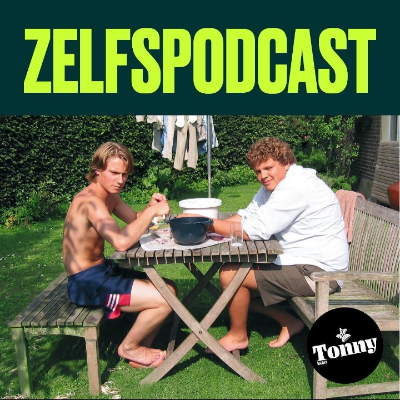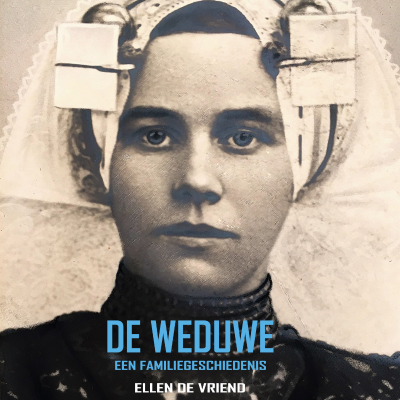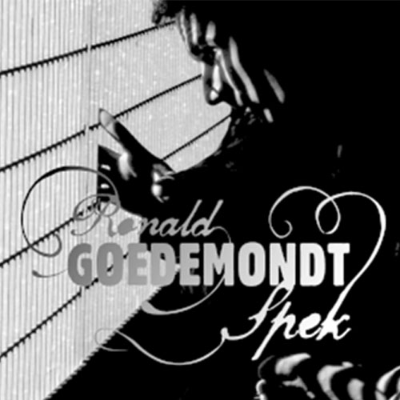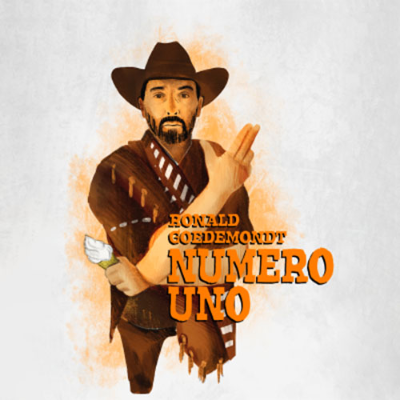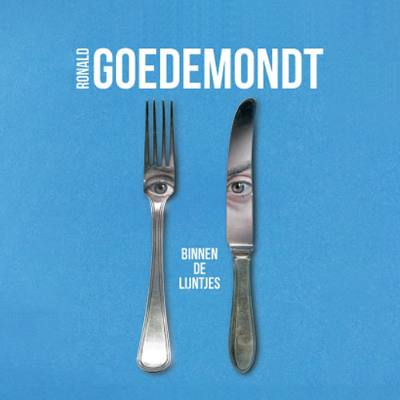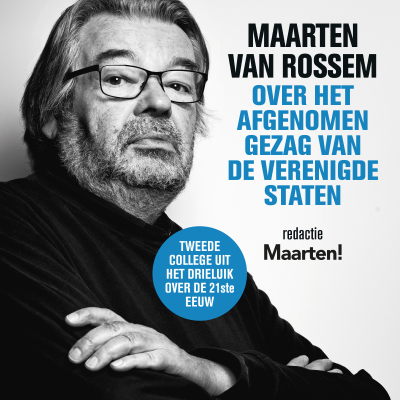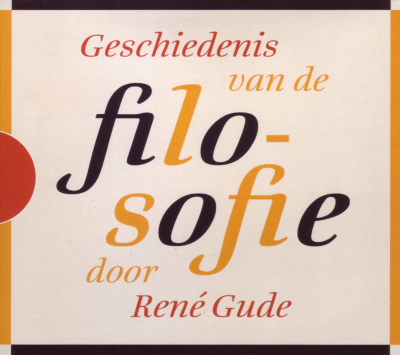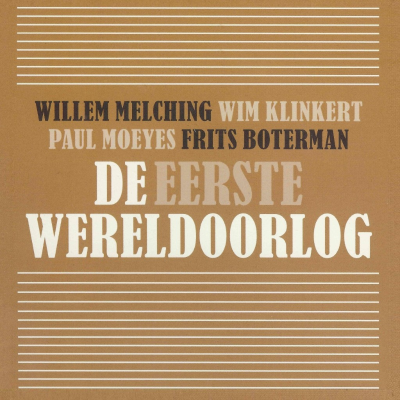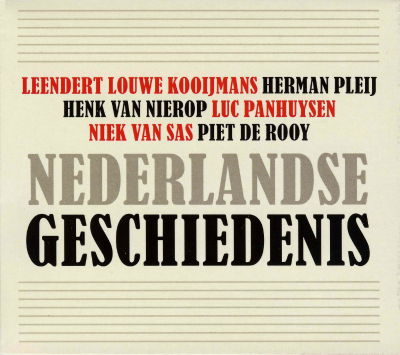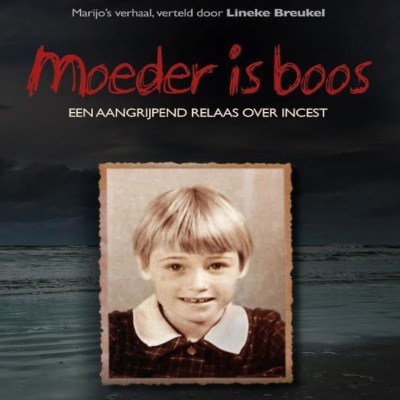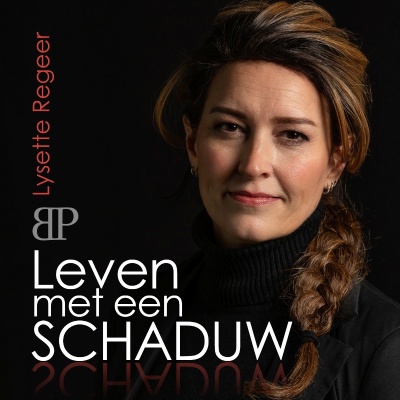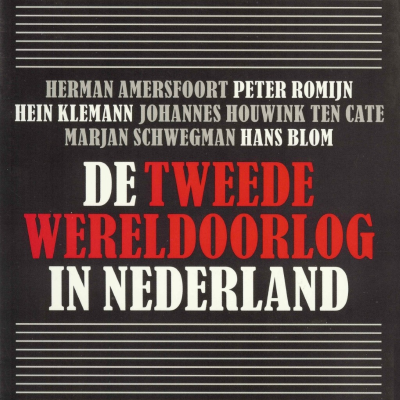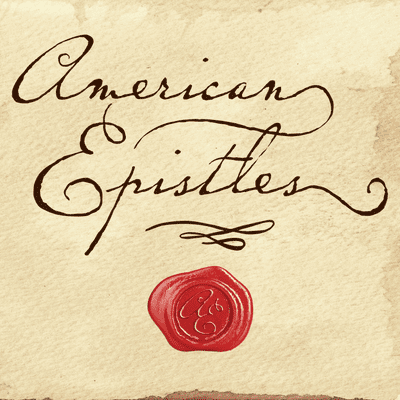
American Epistles
Podcast door American Epistles
… the story of our country, one letter at a time.
Tijdelijke aanbieding
3 maanden voor € 0,99
Daarna € 9,99 / maandElk moment opzegbaar.
Alle afleveringen
40 afleveringen[https://americanepistles.files.wordpress.com/2022/04/family-portrait-1536x1084-1.jpeg?w=1024] [https://blogs.loc.gov/headlinesandheroes/2021/05/before-brown-v-education-there-was-tape-v-hurley/]The Tape Family, The Morning Call (San Francisco, CA), November 23, 1892. (Library of Congress)> “You have expended a lot of the Public money foolishly, all because of a one poor little Child. Her playmates is all Caucasians, ever since she could toddle around. If she is good enough to play with them! Then is she not good enough to be in the same room and studie with them? You had better come and see for yourselves. See if the Tape’s is not same as other Caucasians, except in features. It seems no matter how a Chinese may live and dress so long as you know they Chinese. Then they are hated as one. There is not any right or justice for them.” –Mary Tape Among the many young girls who arrived in San Francisco in 1868, was one 11-year-old from Shanghai. After five months in Chinatown, she was taken in by Ladies’ Protection and Relief Society on Franklin Street, where she was given the name Mary. The following year,Chew Dieparrived from Taishan. In 1875, he met Mary while he delivered milk for the Sterling family. They married on November 16, and before long, Chew Diep changed his name to Joe Tape. The Tapes’ daughter Mamie was born the following summer. The Tapes would have three more children: Frank, Emily, and Gertrude. The Tapes lived in the Black Point neighborhood, now called Cow Hollow, which was predominantly white. Teen neighbor Florence Eveleth taught little Mamie and Frank reading and math. But neither the Tapes’ affluence nor assimilation could protect them from discrimination. Additional Resources: “The 8-Year-Old Chinese-American Girl Who Helped Desegregate Schools” (History Channel) [https://www.history.com/news/chinese-american-segregation-san-francisco-mamie-tape-case] “Before Brown v. Board of Education, There was Tape v. Hurley” (Library of Congress) [https://blogs.loc.gov/headlinesandheroes/2021/05/before-brown-v-education-there-was-tape-v-hurley/] “In Pursuit of Equality: Separate is Not Equal” (Smithsonian Museum of Natural History) [https://americanhistory.si.edu/brown/history/2-battleground/pursuit-equality-1.html] The Lucky Ones: One Family and the Extraordinary Invention of Chinese America by Mae Ngai [https://archive.org/details/luckyonesonefami0000ngai/page/244/mode/2up] “The Tapes of Russell Street” (Berkeley Architectural Heritage Association) [http://berkeleyheritage.com/essays/tape_family.html] Unbound Voices: Chinese Women in San Francisco by Judy Yung [https://archive.org/details/unboundvoicesdoc00yung/mode/1up?q=zhouyi&] “We Have Always Lived as Americans” (The New York Historical Society) [http://chineseamerican.nyhistory.org/we-have-always-lived-as-americans/] “What a Chinese Girl Did,” The Morning Call, November 23, 1892, Page 12 [https://chroniclingamerica.loc.gov/lccn/sn94052989/1892-11-23/ed-1/seq-12/]
*This episode discusses child abuse, human trafficking, and prostitution. [https://americanepistles.files.wordpress.com/2022/03/66981572_datebook_books0519-devil_ph-768x1066-1.jpg?w=738]A Mui Tsai in San Francisco (image credit: Stanford Special Collections / California State Library)> “I was nineteen when this man came to my mother and said that in America there was a great deal of gold. Even if I just peeled potatoes there, he told my mother, I would earn seven or eight dollars a day, and if I was willing to do any work at all I would earn lots of money. He was a laundryman, but said he earned plenty of money. He was very nice to me, and my mother liked him, so my mother was glad to have me go with him as his wife. I thought I was his wife, and was very grateful that he was taking me to such a grand, free country, where everyone was rich and happy.” –Wong Ah So While Chinese men flocked to “Gold Mountain,” many families in the “Celestial Empire” struggled for survival, and girls were the least valuable members. Sometimes they were sold away, and ended up in the United States as prostitutes. But they found refuge in organizations like the Women’s Occidental Board of Missions, led by Donaldina Cameron. Eventually, Chinese men were able to bring their wives, and San Francisco’s Chinatown became a community of families. The demands of home life kept working-class wives very busy. But middle-class Chinese women formed societies that gave them the opportunity to not only socialize, but develop leadership skills, and advocate for issues that were important to them, including suffrage. [https://americanepistles.files.wordpress.com/2022/03/lee-and-leung.jpg?w=871]Emma Leung and Clara Lee were the first Chinese women to register to vote in the US. (Also pictured, Tom Leung, Dr. Charles Lee, and Deputy County Clerk W.B. Smith) (image credit: Oakland Tribune November 8, 1911) Additional Reading: Tye Leung and Charles Schulze, an Untold Angel Island Love Story [https://www.immigrant-voices.aiisf.org/stories-by-author/988-tye-leung-and-charles-schulze-an-untold-angel-island-love-story/] The White Devil’s Daughters: The Women Who Fought Slavery in San Francisco’s Daughters by Julia Siler [https://www.penguinrandomhouse.com/books/249432/the-white-devils-daughters-by-julia-flynn-siler/] Unbound Voices: A Documentary History of Chinese Women in San Francisco, Judy Yung [https://archive.org/details/unboundvoicesdoc00yung] Unbound Feet: A Social History of Chinese Women in San Francisco [https://archive.org/details/unboundfeetsocia00yung]
[https://americanepistles.files.wordpress.com/2021/07/chineseworkers4.jpeg?w=1024]Chinese Workers, 1800s Image credit:Modesto Art Museum [https://modestoartmuseum.org/chinese-workers-built-the-railroad-to-modesto/] > I ate wind and tasted waves for more than twenty days. Fortunately, I arrived safely on the American continent. I thought I could land in a few days. How was I to know I would become a prisoner suffering in the wooden building? The barbarians’ abuse is really difficult to take. When my family’s circumstances stir my emotions, a double stream of tears flows. I only wish I can land in San Francisco soon, Thus sparing me this additional sorrow here.” –Poem inscribed in Angel Island barracks wall The story of large-scale Chinese immigration to the United States begins in the 1850s. Most came from Guangdong Province, wracked for decades by civil and economic unrest. Gam Saan, or “Gold Mountain,” held the promise of wealth that could enrich an entire village. When the Gold Rush subsided, Chinese men found work on the Transcontinental Railroad. They would build 90% of the Central Pacific Railroad, laying track in record time. However, while the Chinese were initially heralded for their industry and efficiency, they would become targets of harassment and violence. In 1882, when Chinese immigrants were 0.21% of the population, Congress passed the Exclusion Act. From 1910 to 1940, the Angel Island Immigration Station played an important role in the enforcement of the law. Poems inscribed into the barracks walls give us a glimpse into life for those waiting to learn their fates. Additional Reading and Listening: Angel Island Immigration Station [https://www.aiisf.org/](website) Angel Island Poems read in Toishanese [https://www.youtube.com/watch?v=2DBqH5jy8MI&list=PLlxkhghRXNSzbJ0ikhsuQp5Z6MBNX0Swd] (YouTube) Building the Transcontinental Railroad by Linda Thompson [https://www.getepic.com/app/read/54035] (for school-age readers) The Chinese and the Iron Road: Building the Transcontinental Railroad by Gordon Chang [https://www.google.com/books/edition/The_Chinese_and_the_Iron_Road/1-6VDwAAQBAJ] History that Doesn’t Suck Podcast Episode 85 [https://podcasts.apple.com/us/podcast/85-transcontinental-railroad-pt-3-central-pacific-chinese/id1291579828?i=1000511077387] Text of the Chinese Exclusion Act [https://www.ourdocuments.gov/doc.php?flash=false&doc=47&page=transcript]
[https://americanepistles.files.wordpress.com/2021/09/1376229.jpeg?w=1024]Mormon pioneers at South Pass, Wyoming, about 1859 image credit: Charles Roscoe Savage, Courtesy BYU> … when it became necessary for him to discard a wife it was a pretty hard question for him because a little child was coming to the second wife and he had nothing to provide for her with except what his first wife’s money paid for. The first wife said she would consent to him starting the second, if she filed on land and paid her back a small sum every year until it was all paid back. So he took the poor “second,” after formally renouncing her, and helped her to file on the land she now lives on. He built her a small cabin, and so she started her career as a “second.” I suppose the “first” thought she would be rid of the second, who had never really been welcome, although the Bishop could never have married a “second” without her consent. At long last, we have reached the end of the Elinore Trail. It certainly has been educational! In this final episode, Elinore gets an education in the Mormon practice of polygamy in the early 1900s. She also recounts her successes growing and raising food on her homestead. She definitely paints a rosy picture, rosier than the one we saw during the Women Homesteader’s episode. Was that Elinore having a positive attitude, applying a positive spin, or something else? Maybe we can just say, Elinore being Elinore. Farewell Elinore!
Blazing campfire at night [https://americanepistles.files.wordpress.com/2021/07/james-owen-d1ardvrhgh4-unsplash.jpg?w=1024]Image credit: James Owen [https://unsplash.com/@jhjowen?utm_source=unsplash&utm_medium=referral&utm_content=creditCopyText] on Unsplash [https://unsplash.com/s/photos/campfire-cooking?utm_source=unsplash&utm_medium=referral&utm_content=creditCopyText]> I crossed a ravine with equal frequency, and all looked alike. It is not surprising that soon I could not guess where I was. We could turn back and retrace our tracks, but actual danger lay there; so it seemed wiser to push on, as there was, perhaps, no greater danger than discomfort ahead. The sun hung like a big red ball ready to drop into the hazy distance when we came clear of the buttes and down on to a broad plateau, on which grass grew plentifully. That encouraged me because the horses need not suffer, and if I could make the scanty remnant of our lunch do for the children’s supper and breakfast, we could camp in comfort, for we had blankets. In today’s letter, Elinore sets out to hire some help, and ends up being a big help herself. She also educates Mrs. Coney about the proper cookware for a camp-fire breakfast. Rupert’s letters are in the public domain.
Tijdelijke aanbieding
3 maanden voor € 0,99
Daarna € 9,99 / maandElk moment opzegbaar.
Exclusieve podcasts
Advertentievrij
Gratis podcasts
Luisterboeken
20 uur / maand








